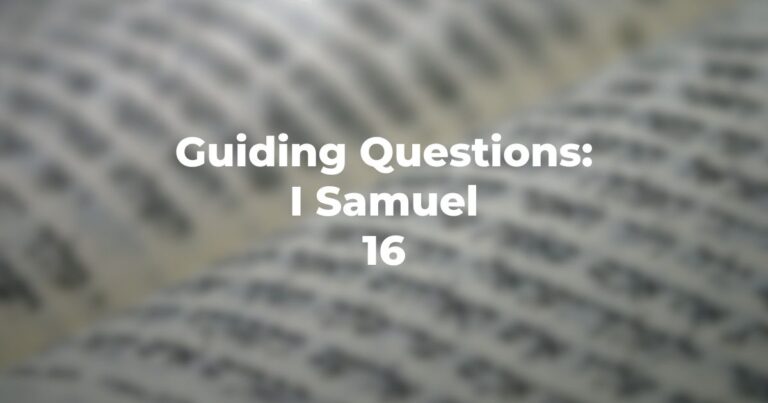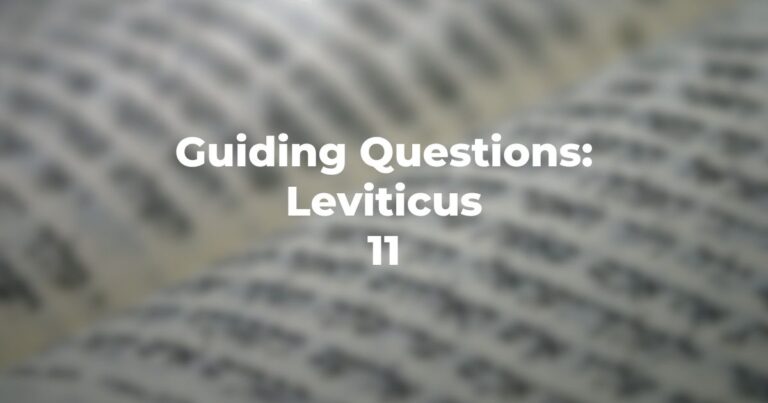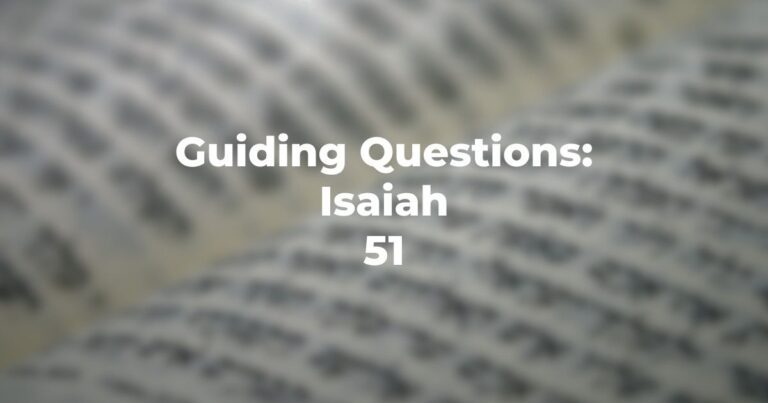- Psalms 18:1 specifically indicates a historic moment in the biography of David; what was that moment?
- With what adjectives in Psalms 18:2-3 is the Divine described and what is the embracing notion set forth in those adjectives?
- Is the speaker/author in immediate jeopardy (Psalms 18:5)?
- And, is he threatened by death (Psalms 18:6)?
- Irrespective of the nature of the threat, what is his recourse (Psalms 18:7)?
- How does this Psalm describe “God in action” or, perhaps, the reaction of nature at Divine displeasure or Divine action (Psalms 18:8-9)?
- Is the “descent from heaven on a cloud” to be taken literally? (One might keep in mind the date when this was written and various appreciations of Divinity at various stages in history.)
- What is a “cherub” (Psalms 18:11)?
- According to Psalms 18:12, is the Divine in any way “seeable”?
- And, according to Psalms 18:13 what natural phenomena in addition to those already set forth accompany the Divine — and, as well in Psalms 18:14?
- In Psalms 18:14 are the terms Adonai and Elyon interchangeable?
- In sum, as encapsulated in Psalms 18:16, when the Divine acts what is the reaction of all nature?
- What does the author expect (Psalms 18:17) when he speaks of “God taking him from above?” Is this a matter of death or a matter of protection?
- And would Psalms 18:18 clearly indicate what is meant by the prior verse?
- Why, according to Psalms 18:22, does the author expect that, indeed, he will elicit God’s interest and protection?
- And how does this reasoning continue in Psalms 18:23-25?
- What thesis is set forth as to the Divine and the individual in Psalms 18:26-27?
- Does the Divine have a penchant for those who are proud or, rather, for those who are “modest” in their self-image?
- Does Psalms 18:32 clearly state a monotheistic dimension for Divinity?
- And, in addition to the Divine “instructing,” does the Divine also provide other types of guidance (Psalms 18:35)?
- Would Psalms 18:38-40 indicate a forgiving attitude toward the enemy or a more “robust” one?
- In Psalms 18:44-45 would the author appear to be aspiring to rulership and would this be consistent with David’s biography?
- And in the concluding refrain, does the Psalmist have any doubt as to what the final outcome will be between himself, his interest, and those who are his enemies?
- And as to that final outcome, to whom is attributed the basic power to bring it about?
- In Psalms 18:51 (included in the Birkat Hamazon) “the anointed” makes reference to what ceremony in Israel when selecting a king?
- Would the author have any aspiration as to David’s line in generations to come?
Author
-

Exploring Judaism is the digital home for Conservative/Masorti Judaism, embracing the beauty and complexity of Judaism, and our personal search for meaning, learning, and connecting. Our goal is to create content based on three core framing: Meaning-Making (Why?), Practical Living (How?), and Explainers (What?).
View all posts





